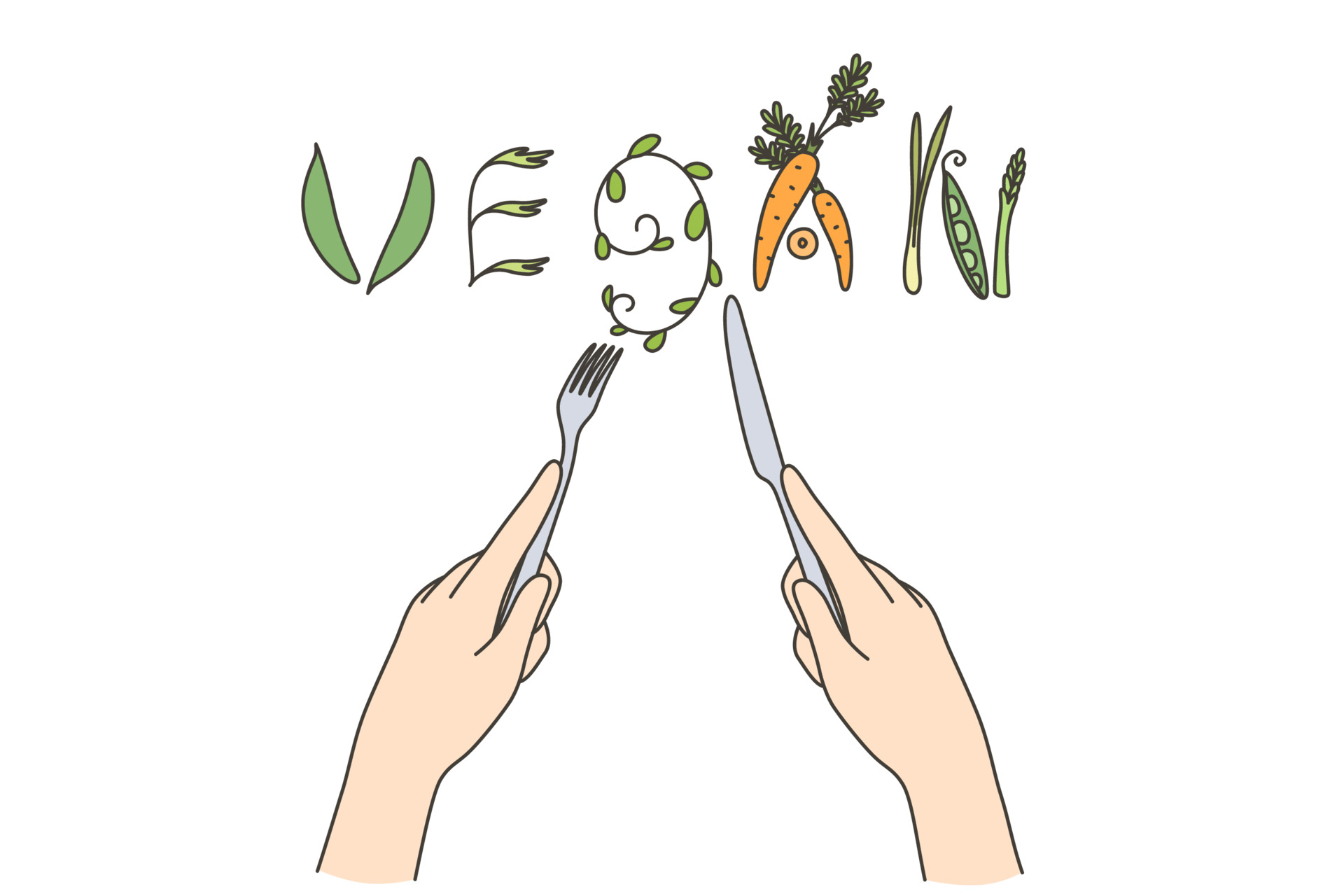
A vegan diet, which consists of plant-based foods and excludes any animal products, has become increasingly popular in recent years due to its perceived health benefits and ethical considerations. However, this type of diet may also pose certain challenges in terms of meeting all the necessary nutrient requirements. While a well-planned vegan diet can provide a wide range of essential nutrients, there are still some key nutrients that are often lacking in a vegan diet. In this article, we will explore the top 10 nutrients that are commonly deficient in a vegan diet and discuss how you as a vegan can ensure you are meeting your nutritional needs. By being aware of these potential deficiencies and making informed dietary choices, it is possible to maintain a healthy and balanced vegan lifestyle. Whether you are a long-time vegan or just starting out on your plant-based journey, understanding the importance of these nutrients is crucial for optimal health and wellbeing. So, let’s dive in and discover the top 10 nutrients that vegans should pay extra attention to in their diet.
Vitamin B12: Essential for nerve function.
One nutrient that is essential for nerve function and commonly lacking in vegan diets is vitamin B12. This important vitamin plays a crucial role in the production of red blood cells and the maintenance of the nervous system. Without enough vitamin B12, nerve damage and neurological disorders can occur, leading to symptoms such as numbness, tingling, and difficulty walking. This is why it is crucial for vegans to ensure they are getting enough vitamin B12 in their diets.
Vitamin B12 is primarily found in animal products, making it a challenge for vegans to obtain through their diet alone. However, there are vegan-friendly sources of vitamin B12 such as fortified cereals, plant-based milks, and nutritional yeast. It is also recommended for vegans to take a B12 supplement to ensure they are meeting their daily requirements. By incorporating these sources into their diet, vegans can ensure they are getting enough vitamin B12 to support their nerve function and overall health.
Omega-3 Fatty Acids: Important for brain health.
Another essential nutrient that is often lacking in vegan diets is omega-3 fatty acids. These fatty acids play a crucial role in brain health and function. The brain is composed of about 60% fat, and omega-3 fatty acids make up a significant portion of this fat. They are responsible for maintaining the structural integrity of brain cells and promoting communication between nerve cells. In fact, research has shown that a deficiency in omega-3 fatty acids can lead to cognitive decline and an increased risk of neurological disorders such as depression, anxiety, and Alzheimer’s disease.
How to add omega 3 fatty acids to a vegan diet
Therefore, it is crucial for vegans to ensure an adequate intake of omega-3 fatty acids to support their brain health but the majority of omega supplements are not vegan and those that are tend to be in capsules that are sealed with heat, which destroys some of the nutritional value. Because of this, I recommend the Juice Plus vegan omega supplements because they are backed by independent research and the capsule is made from pullulan which is fermented tapioca and which is cold-pressed to preserve the integrity of the oils.
Iron: Supports oxygen transport in body.
Iron is another essential nutrient that is often lacking in vegan diets. This mineral plays a crucial role in the body by supporting oxygen transport. Iron is a key component of hemoglobin, a protein found in red blood cells that is responsible for carrying oxygen from the lungs to the rest of the body. Without enough iron, the body is unable to produce sufficient amounts of healthy red blood cells, which can lead to anemia and symptoms such as fatigue, weakness, and dizziness.
In addition to its role in oxygen transport, iron also plays a vital role in energy metabolism and the production of enzymes and hormones. It is also important for maintaining a healthy immune system and supporting cognitive function. While iron can be found in plant-based sources such as legumes, leafy greens, and fortified cereals, it is important for vegans to carefully plan their diets to ensure they are consuming enough iron, as plant-based sources may not be as readily absorbed by the body as animal-based sources. A deficiency in iron can have serious health consequences, so it is crucial for vegans to pay attention to their iron intake and consider taking supplements if needed.
Calcium: Vital for bone strength.
Another essential nutrient that is often lacking in vegan diets is calcium. Calcium is crucial for bone strength and plays a vital role in maintaining healthy bones and teeth. It is the most abundant mineral in the body and is necessary for many bodily functions, including muscle contraction, nerve transmission, and blood clotting.
Vegans may face a higher risk of calcium deficiency due to the elimination of dairy products, which are a rich source of calcium. However, there are plenty of plant-based sources of calcium, such as leafy greens, tofu, fortified plant milks, and almonds. It is important for vegans to incorporate these foods into their diet to ensure they are meeting their daily recommended intake of calcium. Adequate calcium intake is crucial for preventing osteoporosis and maintaining overall bone health. Therefore, vegans need to be mindful of their calcium intake and make sure they are getting enough of this vital nutrient.
Zinc: Essential for immune function.
Another essential nutrient that is often lacking in vegan diets is zinc. Zinc plays a crucial role in maintaining a strong immune system, making it an important nutrient for overall health. It is involved in immune cell development and function, as well as wound healing and fighting off infections. Without enough zinc in their diets, vegans may be more susceptible to illnesses and infections.
Fortunately, there are plenty of plant-based sources of zinc that vegans can incorporate into their diets. These include legumes, whole grains, nuts, and seeds. However, it is important for vegans to be mindful of their zinc intake and ensure they are consuming enough of these foods to meet their daily requirements. Supplementation may also be necessary for those who are not able to meet their zinc needs through diet alone. By prioritizing zinc-rich foods, vegans can support their immune system and maintain optimal health.
In conclusion, while a vegan diet can provide many health benefits and is a sustainable choice for the environment, it is important to be mindful of potential nutrient deficiencies. By incorporating a variety of plant-based foods, supplementing when necessary, and using our Transitioning to a Plant Focused Diet Online Meal Plan you will be able to stay fit, healthy and use your food as your medicine.

